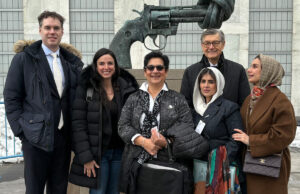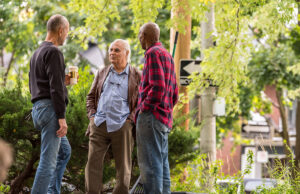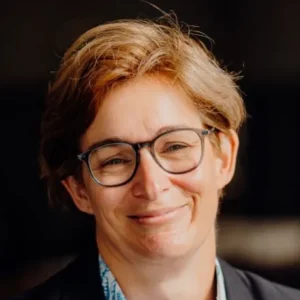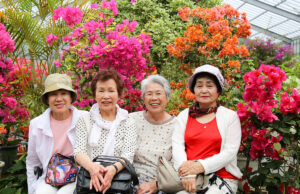A U.S. Peace Corps Response Program Intimate Look
At the Global Ageing Network’s last “Wisdom Talk,” Pamela Larson, a U.S. Peace Corps Response Program participant, and Dustin Manhart, a recruiter for the U.S. Peace Corps Response Program, discussed the program, which sends experienced professionals to undertake short-term, high impact assignments in communities around the world. Pamela Larson, a self-proclaimed “proud third-ager,” shares an intimate look at her experience this past year as a volunteer with the program.
As a proud “third-ager,” I was excited to join the U.S. Peace Corps Response Program volunteers and spent a year in Chitre, considered as both a city and a county, the capital of the Panamanian province of Herrera. Located on the Azuero Peninsula bordered by the Pacific and Caribbean Oceans, Chitre has lots of tourist potential but fails in comparison to Panama City, known for the Panama Canal and is surrounded by development and a dense population.
What Panama City lacked in a community, Chitre more than made up for with a rich and plentiful community, filled with festivals and friendly faces. I met many farmers and enjoyed attending the festivals (picture below), most of which celebrate Catholic saints sustained by the older population, but have become less about religion and more about entertainment!
My assignment was to use my expertise to help APPEDIVI, a nonprofit for the visually handicapped become more sustainable. This was my first time working with a disabled population directly. My first work plan was ambitious and I laugh now, as I think about, in which I had lofty goals of developing funding for numerous projects, such as a seeing eye dog program, a musical group, and also improve the accessibility of the sidewalks of Chitre, all in the short period of a year!
I quickly learned that APPEDIVI needs more basic help. At the core, the program needed a strong leadership foundation to include a new Board of Directors and Treasury. I worked with the program volunteers to develop a leadership reporting structure, hosting over 9 meetings while I was there.
I am proud to have secured additional funding from a private grant from an international pharmaceutical firm’s foundation in England. I am also proud to exhibit my technological skills and developed an interim website, entitled www.appedivi.org, which was important for their funders to see a database of the members. After a year in Chitre, I am excited to say that APPEDIVI is a sustainable program.
And you may ask, how did I fair as an older female in the agrarian part of Panama? The people were wonderful and welcomed me into their homes and culture. I rented a room from a retired couple and joined the church choir. I enjoyed sharing each festival with my host family, their children, and their 11 grandchildren. The family unit is organic in Panama in which both the old and young live together in a home, where the younger generation may care for their parents.
I learned that my Spanish was not as good as I thought and quickly learned common idioms and phrases. During my time in Panama, I always felt safe and was lucky to have access to clean water, a health program, and even social security benefits for the older population.
Although the population leans towards a younger demographic, many people are finding that Panama is a great place to retire since it may not be as expensive as other developed countries. Surprisingly, I found that my biggest challenge was to learn how to slow down. Panamians enjoy the day and there was never a sense of urgency. I learned to enjoy my time with a good book or chatting with community members.
As I adjust to life back in the United States, I look forward to sharing my experiences with other volunteers and continuing to encourage everyone to appreciate the role of the elder, an inherent value in the Panamanian culture.
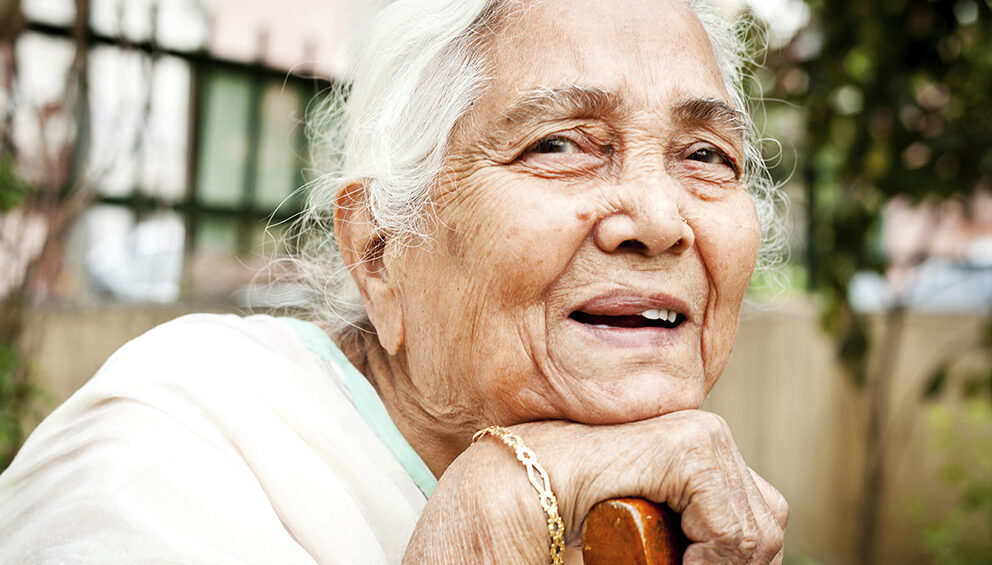
Recently Added
February 19, 2026
Statement to the United Nations: February 2026
January 22, 2026

